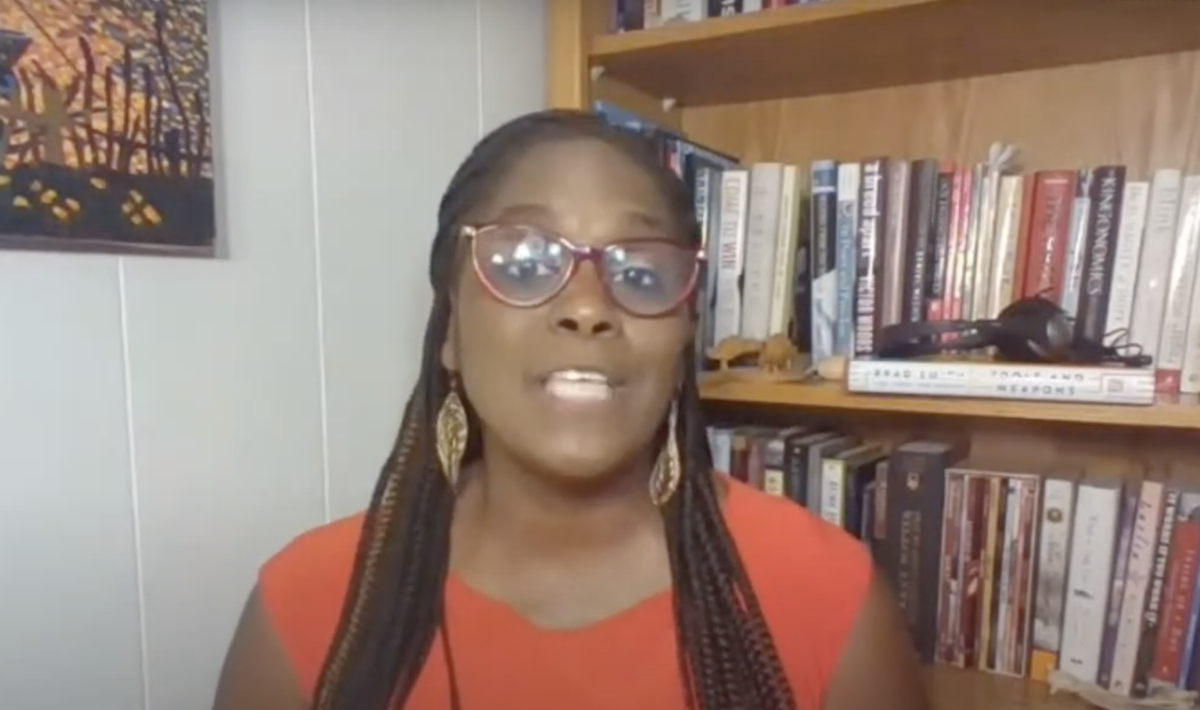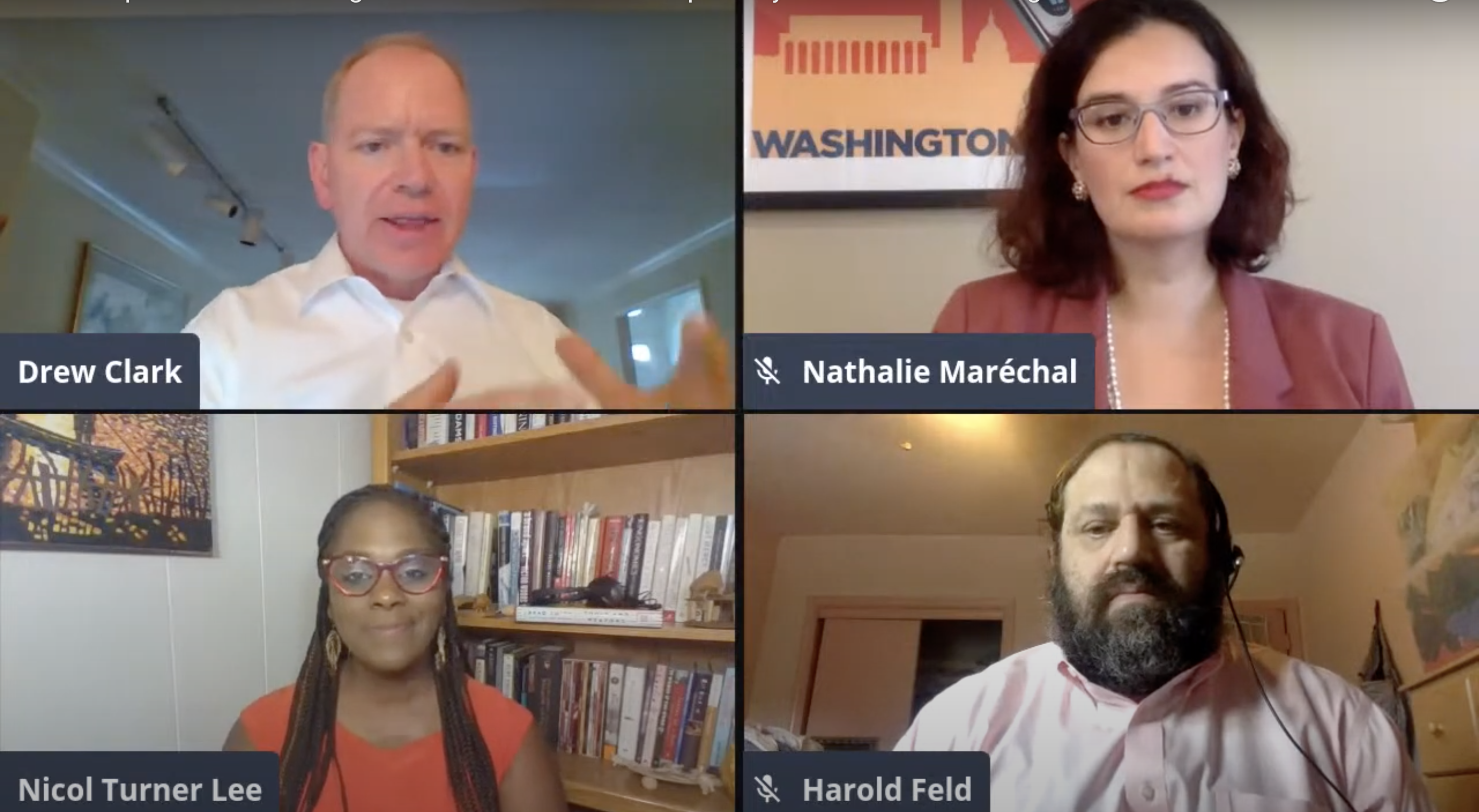Social Media Platforms Should Increase Algorithm Transparency, Say Broadband Breakfast Live Online Panelists
July 16, 2020 — Social media companies need to “open up” their algorithms, said participants in a Broadband Breakfast panel on Wednesday. The event, titled “Public Input on Platform Algorithms: The Role of Transparency and Feedback in High-Tech,” saw participants discuss the role of transparency in











Member discussion